Did you all put your shoes out for Saint Nicholas last night? I did, but all I got was a note. It said, “You’re too old to get gifts in your shoes, and besides, they’re smelly!” I thought that was a little rude, but then there was a box next to the shoes with a note that said, “Give these to the students at Mass this morning.” The box had candy canes in it, and I’ll bless those after the homily and give them out as you head back to school after Mass today. I’ll say more about the candy canes in a bit.
Now, the general rule of thumb is that the saints are always supposed to point us to God. That’s why they are saints. In the midst of all life’s difficulties, the saints have been faithful to God and have shown the way to love him more. The stories of the saints aren’t always very factual, and we cannot rely on them for actual historical records. That’s not their purpose. The stories of the saints are designed to illuminate the saints’ lives in a colorful way and to get us thinking about strengthening our relationship with God. The stories of the saints are called hagiography, so that’s a thing you learned today!
That brings us to the stories about Saint Nicholas. He died probably around the year 350 or so, so we don’t really know a lot about him. But that doesn’t mean there aren’t stories! One of the best known is that St. Nicholas came from a very well-to-do family. He became aware of a family in his village that had three daughters who were close to marrying age. The father was very poor and could not provide a dowry for his daughters, so that meant in that time, they would generally have to resort to being used more or less as slaves. St. Nicholas had no intention of letting that happen.
So one night, he walked by the man’s house and tossed a bunch of gold coins wrapped up in a cloth through the window. The man rejoiced the next morning on finding it, and so he gave thanks to God. He was able to provide a dowry for his oldest daughter. A while later, the second daughter was to be married, and St. Nicholas repeated the same action. The man again woke up to find the gold, and what did he do? He gave thanks to God! And then he was able to provide for his second daughter’s dowry. A short time after that, St. Nicholas did the same so that the youngest daughter could have a dowry, and this time the man woke up when he heard the gold hit the floor in his house. So he ran out the door and began to follow Nicholas, and eventually realized who it was he was following. He knelt down and wanted to kiss the saint’s feet, but Nicholas would not let him, and made him promise not to tell of it as long as he lived.
And so this was the story that led to the giving of gifts on St. Nicholas’s feast day. And it’s just a little twist of the tongue in English that turned St. Nicholas into Santa Claus. I think the celebration of St. Nicholas shines an interesting light on our gift giving. St. Nicholas did not want to be known for his generosity. He wanted to keep it quiet and was content to have the man give the glory and praise to God for the generous gift. How willing are we to do the same? The giving of gifts is not bad or good; it is the intent of the giver and the heart of the receiver that really matters. When we wrap up our gifts in these Advent days, and when we unwrap them on Christmas, I wonder if we can tuck some prayer in it somewhere. Maybe we can find a way to give glory to God among all the hectic-ness of our Christmas season.
Now getting back to the candy canes. It’s traditional to receive candy canes on the feast of Saint Nicholas. And that’s because, just as the saints are supposed to point us to Jesus, so do the candy canes! First, there is the shape of them. Right side up, they look like a bishop’s staff, and Saint Nicholas was a bishop. It also looks like a shepherd’s staff, reminding us of the shepherds who heard the angels sing when Jesus was born. Upside-down, they look like the letter “J,” which stands for Jesus. They are made of hard candy, which reminds us that Jesus is our rock. They are sweet and taste of peppermint, which reminds us of the sweet presence of Jesus and the spices the wise men brought. The white stripes remind us that Jesus is sinless, and that we are all called to holiness. The red stripes remind us that Jesus bled and died for us, giving his life on the cross, so that we might live forever with him.
So when you eat your candy canes, remember that they point us to Jesus, and give Jesus thanks for the many blessings he came to bring us. As we continue to prepare for his birth this Advent, let’s try every day to find a gift in our lives to be thankful for, whether it’s something big like having a warm home on these cold winter days, or something small like a smile from one of our friends. Remember, Jesus loves you more than anything, and that’s something to be grateful for every single day!
Maranatha! Come, Lord Jesus!

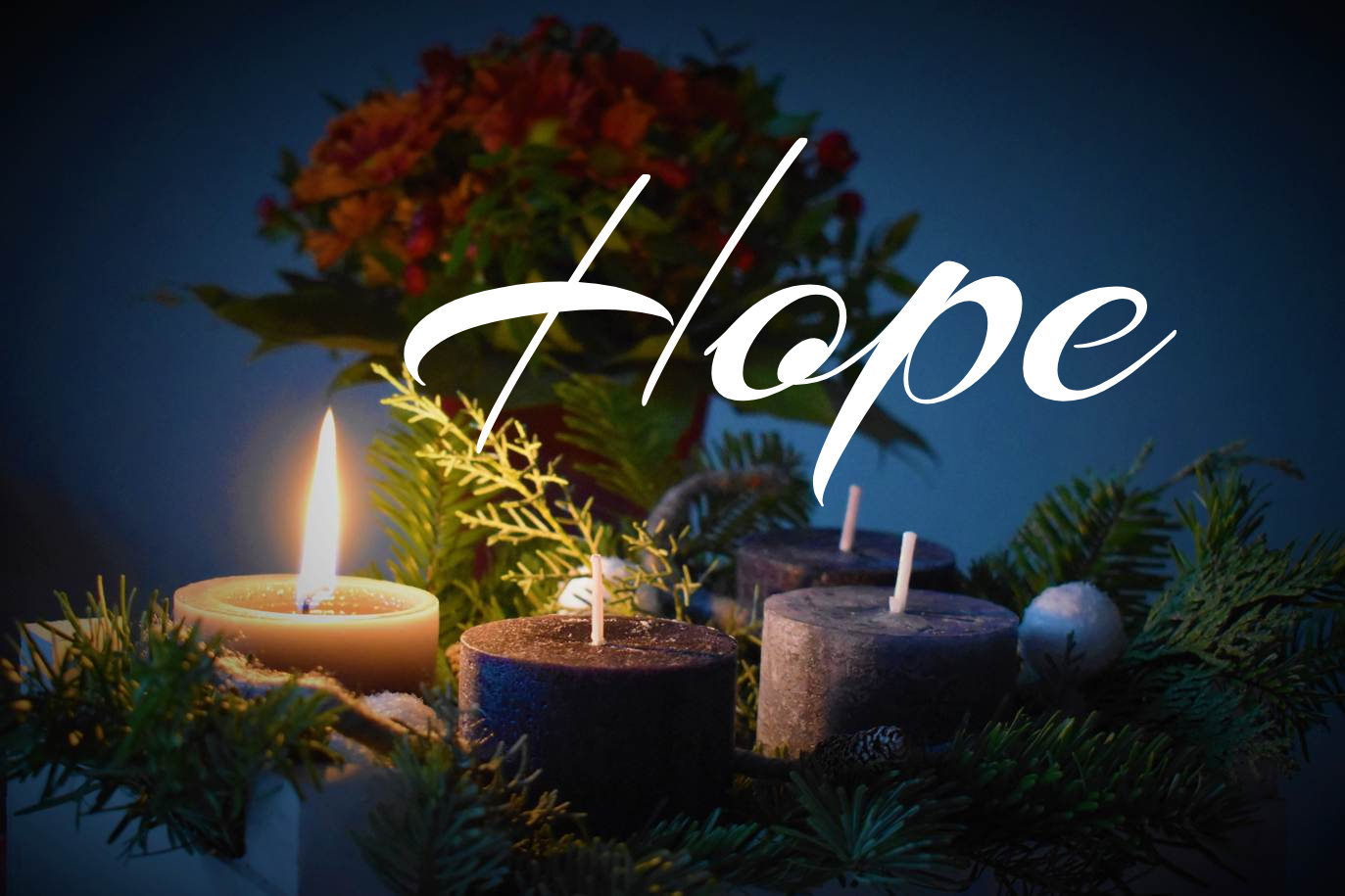
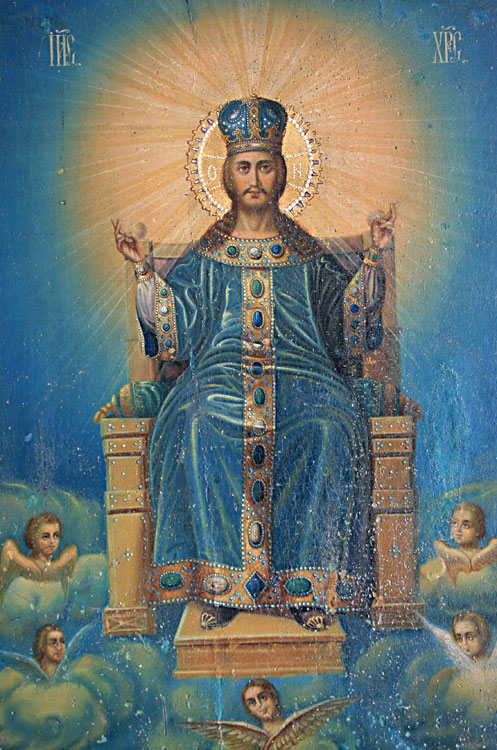
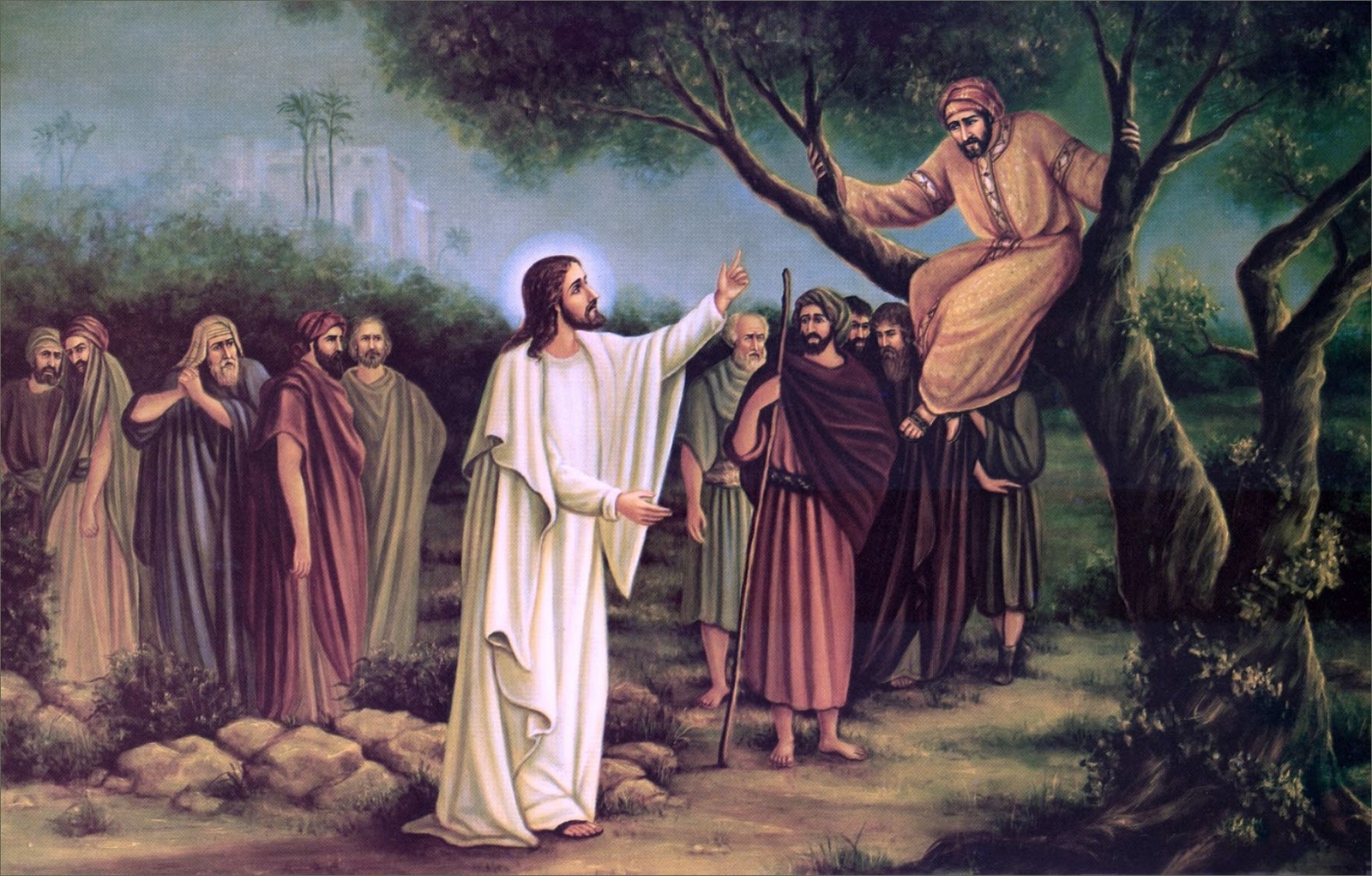
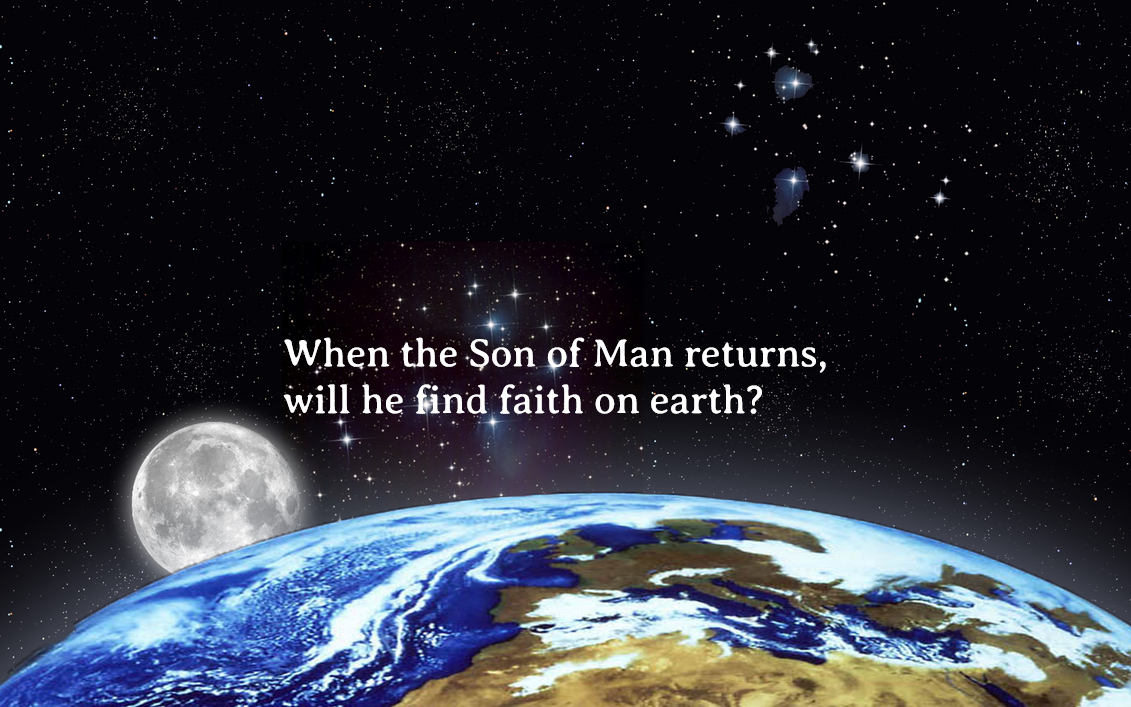
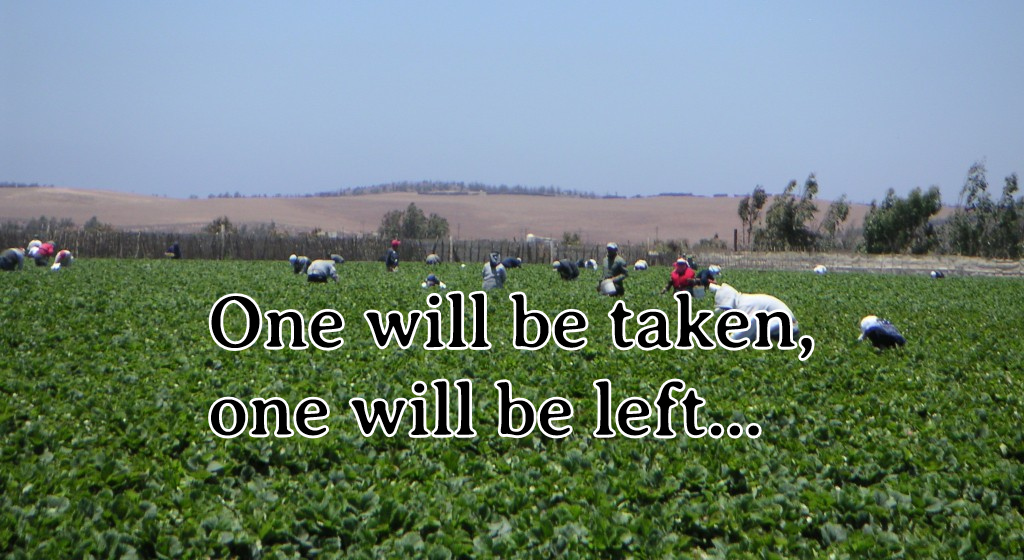

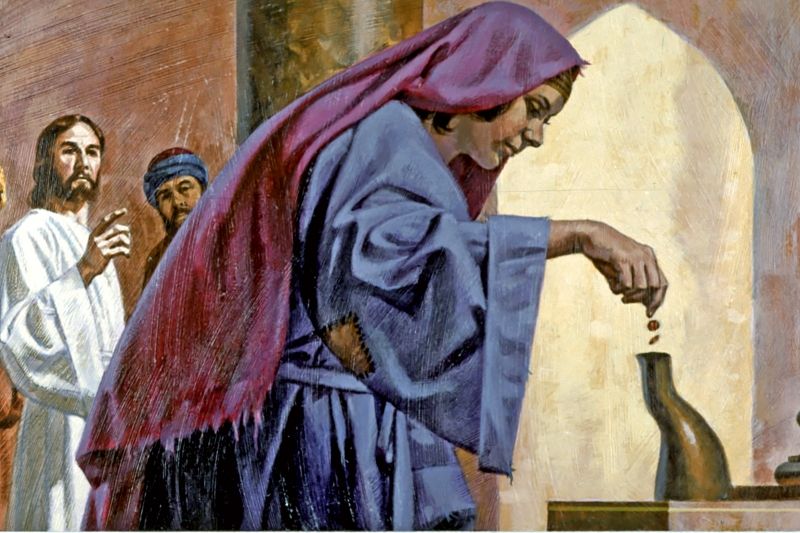
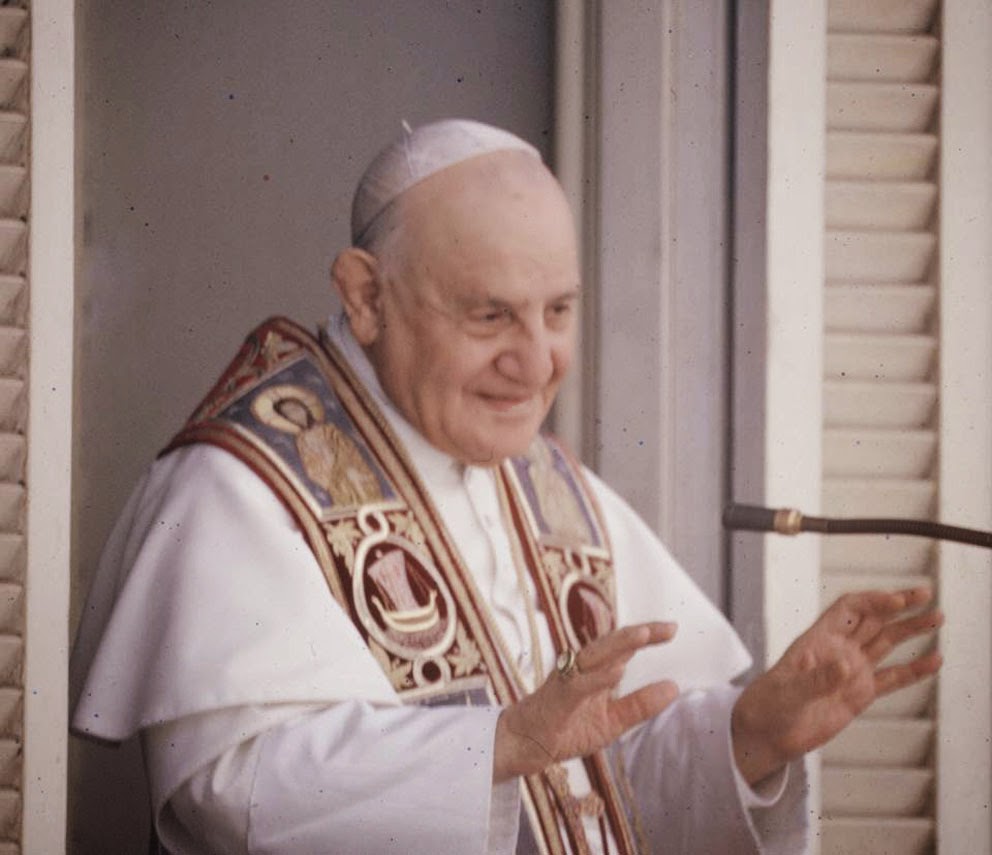
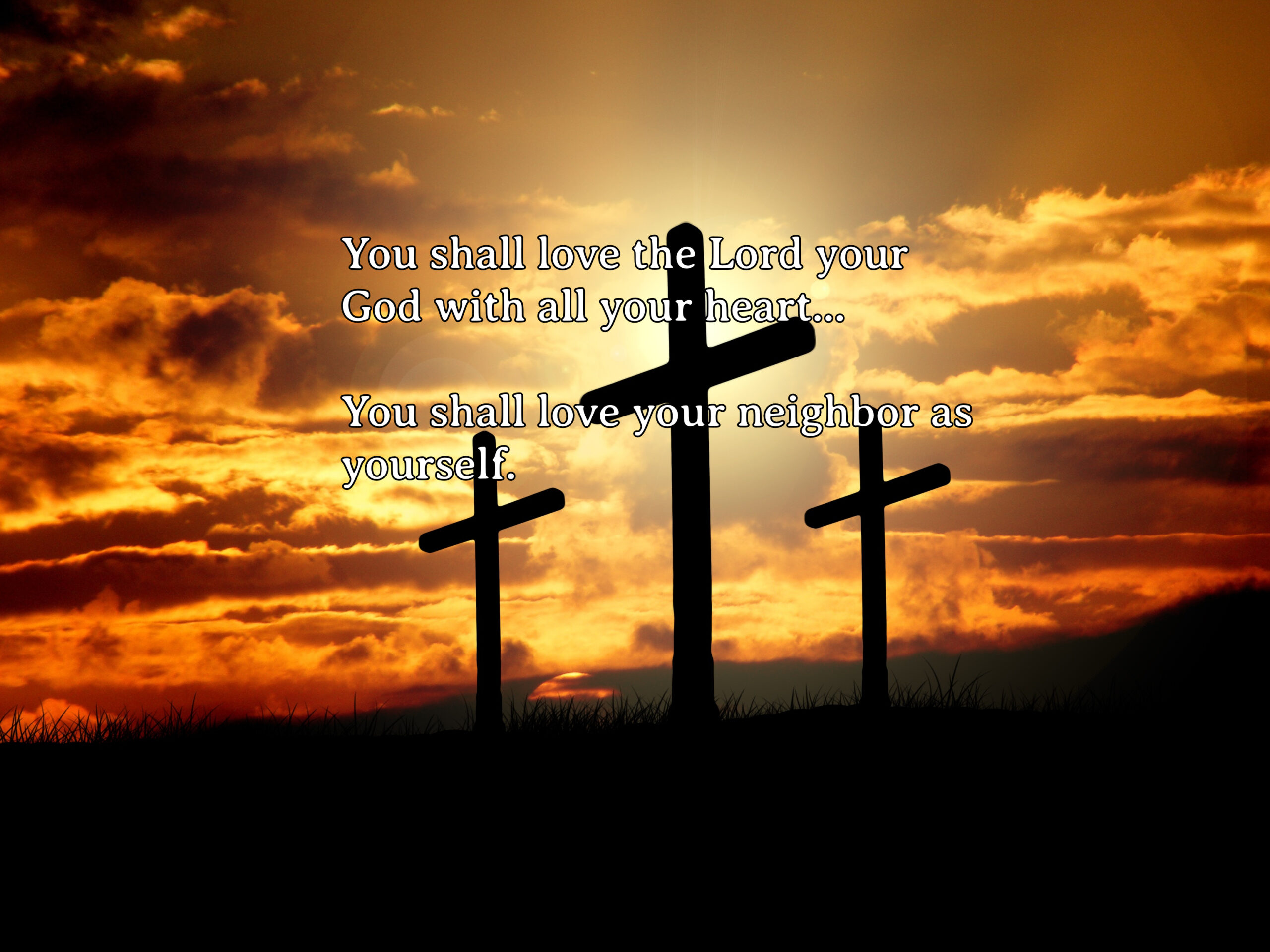
You must be logged in to post a comment.